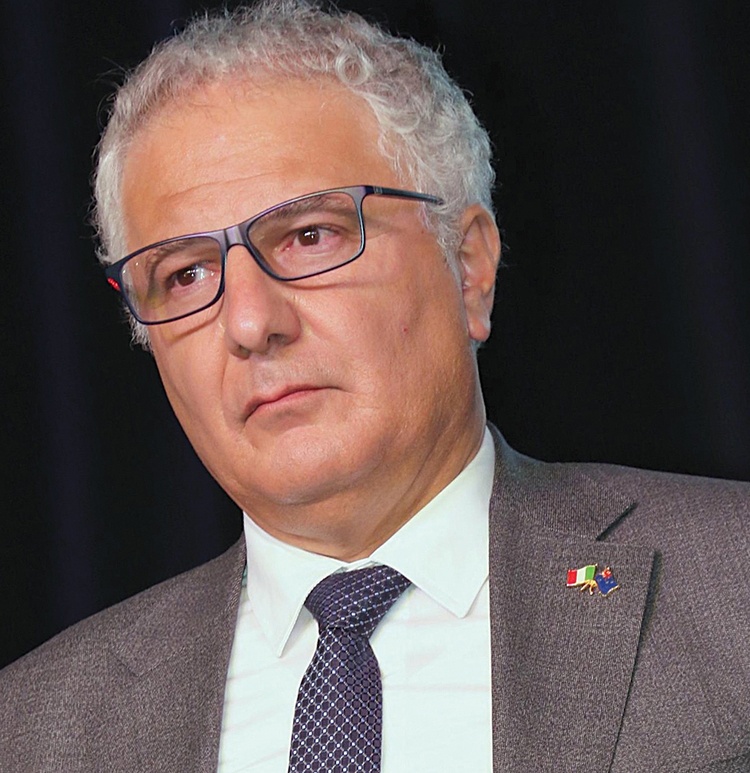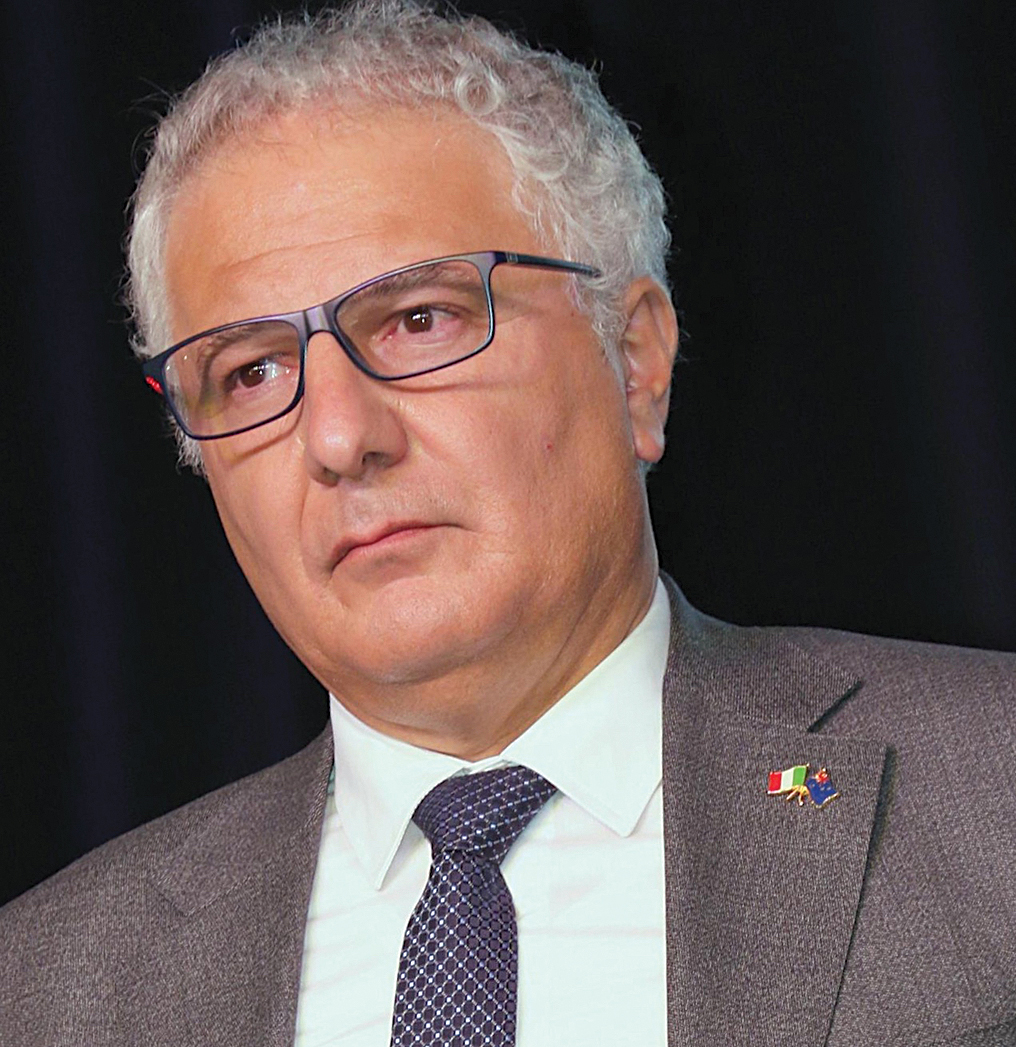Mr Fedi said it was a “difficult decision”, which took into consideration both political and personal factors.
“Many of my colleagues, among them Senator Francesco Giacobbe, and leader of the party [in the Italian Chamber of Deputies] Ettore Rosato, asked me to reconsider,” he admitted.
“Even other political forces have offered me opportunities, but my decision is final.”
The Italian politician admitted that after 12 years in Parliament, it’s “not easy” to step down.
“Politics gets into your blood, even if it can sometimes poison you,” he explained.
“It’s a poison that can glorify you, or bring you down.”
The negative aspects in both the political and personal spheres have driven Mr Fedi to consider his options; ultimately, it came down to personal reasons.
Although Mr Fedi doesn’t mention them directly, it’s not hard to imagine that certain aspects of his relationship with the party and its strategic choices have left a bitter taste in his mouth and ultimately influenced his final decision.
Some have been openly declared, such as the passing of an internal amendment to the electoral law, which means Italian residents can become candidates for one of the overseas electorates.
At the time, Mr Fedi defined the amendment as “a slap in the face of the representation of Italians abroad”.
Then there are those less talked about, such as the Democratic Party’s decision to exclude our electorate’s representatives from leadership positions– a decision which Mr Fedi appealed.
“What I wish for the PD is that it finds a way to listen to voters,” he said.
“It’s not enough to obtain positive results, like civil unions, the living will or stats about the recovering economy. They need to talk with the people, listen and keep the party united.
“A transformation is taking place within the PD, but without internal debates. I believe that what we are, how we organise ourselves, how we promote our ideas and how we get our work to the people are important.
“At the moment, all of this is missing. Only Renzi seems to talk predominantly about the future. I hope that in this planning phase the people are heard, otherwise the party is not only destined to lose the election, but it will miss a real opportunity for Italy to change.”
Mr Fedi added that from a political perspective, there needs to be a readiness to “take some responsibility if the measures adopted have had positive outcomes, but have not been substantial enough to change the lives of people”.
“As overseas representatives, we should be self-critical and reflect on where we went wrong especially in reducing red tape, something which also affects Italians abroad.
“However, in the last budget we were able to include resources for contracted personnel at Consulates, so, more staff. And we managed to resolve an important, technical social security issue.
“Over the years, I have found myself playing a very defensive game, above all, against the centre-right governments, which have reduced funding to Italians abroad, especially in the area of teaching the language. But in the last budget we were able to recover at least some of those important resources, both for education and pensions.”
Victorious battles that will, however, soon become part of the past.
“What I need now is to return to normality,” Mr Fedi said.
“Parliamentarians are in a privileged position and they risk losing sight of reality. I feel I must avoid that risk and return to my reality - which is that of my life here in Australia.
“That doesn’t mean politics won’t be part of my life anymore, because politics is a passion and an interest which never dies. But my plans are different now and are based on a future here in Australia.”












